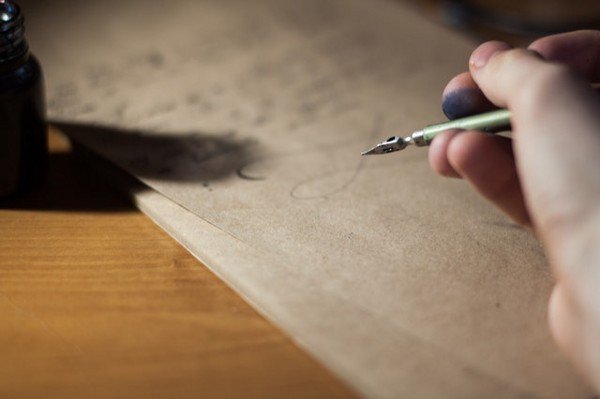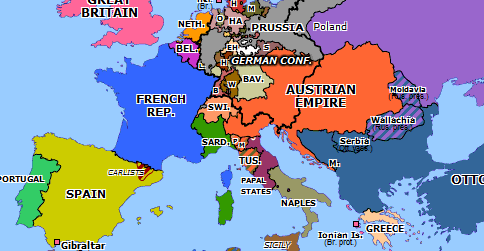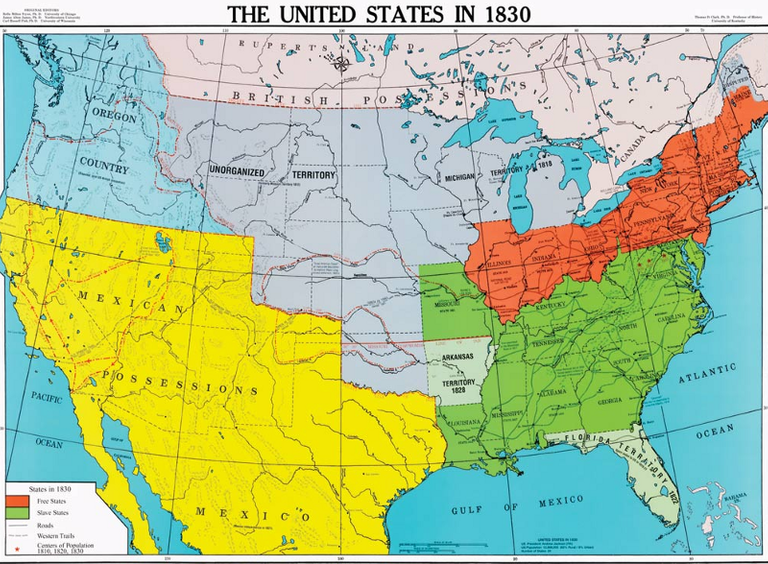
So… I did it. I finally managed to research my mother and father’s line all the way down to the 1850's and in some cases, the 1830’s! Mostly it has my direct line, but a large portion of it contains arrays of indirect branches as well. Periodically in my search, I would encounter missing links, dead ends, and surprise relatives.
In an effort to assist the next person in his or her search, I put together this essay full of tips and tidbits that I wish I knew when I first embarked on this genealogical journey.
*(Oh and consider this a living document, as I will come back to this essay to edit, update, and add as necessary.)
( 1 ) First and foremost, get tested.
I’m talkin’ genetic testing sites like 23andMe and Ancestry.com. After your DNA is analyzed, these services will connect you to relatives who share your DNA. If you’re serious, I highly recommend getting tested with both services so you’ll then have access to both databases of DNA Relatives.
These relatives are likely doing their own research too, and will often become your partners in crime when building that family tree (part of it is theirs too!). They may have critical information that you are missing, or vice versa. You’ll also want to have your parents and grandparents take the test as well, since this will increase the accuracy of your ancestry estimates. It will also allow you to filter your genetic relatives by parent or grandparent, which can be helpful in determining whose side a particular relative is from and what you inherited from whom.
( 2 ) Gather Information from those still living while you still can
Especially your oldest living relatives. Ask them about everything while they’re still around. Try to get as much information about their own lives as well as the lives of their relatives. Ask them about their parents, grandparents, siblings and cousins!
( 3 ) Get Official Names
Sometimes we call our relatives by their nicknames and lose sight of their official names. Also… you may not know it when you start out, but you might discover that some of your relatives have been going by their middle names their whole lives. Name games like these can throw monkey wrenches into your search. Try to get official names and don’t always assume the name they go by is the name that’s on their vital records.
( 4 ) Be aware of alternate name spellings
Some names can take many forms. It’s very possible that someone named “Yvonne” will write “Yvonne” in one census, and write “Ivonne” in the other. Even if Yvonne had a preference, it’s also possible her father (for example) simply writes the opposite when asked. Nobody bats an eye because it’s “just an alternate spelling. No big deal. I know who they’re talking about.” Things were less strict in the past and nobody cared if you wrote “Willy” or “Willie,” for example.
If your ancestor lived/worked in other countries, you’ll want to be aware of even more alternate spellings. For example, my great-grandfather’s first name was Joseph. In Austria where he’s from, he goes by Joseph. Family Members in the States refer to him as “Joseph” or “Joe.” But in Mexico and in Mexican records, he goes by the Spanish equivalent, “José!”
The amount of space allowed on a document can influence which form of a name is written as well. For example, if a name is really long and space is limited, expect shortened versions of names as well as abbreviations. Some cultures (Spanish cough, cough) will have an entire shorthand system to deal with outrageously long names.
So be aware that the form of your ancestor’s name can vary depending on personal preference, mood at the time, available space, or the culture of the land.
( 5 ) Spelling Mistakes CAN and DO Happen
“What was her name again? Did they say ‘YVONNE?’ … ‘IVAN?’ Or was it, ‘IVANNA’? I heard ‘Ivanna’ so I’ll write that down!!”

I find that mistakes like these have botched census and church records more often that people realize. If it does happen you can usually tell if this is indeed your ancestor by checking to see if his (or her) other family members are present on the document (You did research your ancestor’s other family members, right?)
( 6 ) Dates often get botched
For many reasons, dates can get botched. I remember I had one source saying an ancestor was born in 1909, and another source saying she was born in 1904. It wasn’t until I looked at the handwriting closely that I discovered what was going on. You might already know this, but some people, when they write the number ‘4’… write it in such a way that it could also look like a 9 (a curvy 4 that almost closes the top). This makes it look like the two sources are in conflict when really you’re just looking at bad handwriting.
( 7 ) Research the SIBLINGS of your direct ancestor
If ever you reach a plateau in researching a direct ancestor, try to research his or her siblings! Sometimes, they may have more records available, and since these siblings have the same parents and grandparents as your direct ancestor, you can get the data you want by studying them.
( 8 ) Many of the same names get recycled
This one was rather amusing. I noticed that… generation after generation… many of the same names get recycled. People very uncreatively name their children after their parents, grandparents, or fallen siblings. This then creates a sort of weave of repeating names throughout the generations. It’s likely (okay, maybe not so likely but I wouldn’t doubt it) that someone with a familiar name in the distant past is indeed your ancestor, since it’s likely that this person’s name would be recycled throughout his or her descendants over time.
( 9 ) Poor families in the olden days were often illiterate
Poor families in the past, more often than not, were illiterate! Rural families, former slaves, or otherwise disposable peons couldn’t read or write, so you can expect the accuracy of names and dates on their papers to be pretty low. One way to alleviate the uncertainty is to get a sense of the community in general and how it functioned. What sort of festivals, religious events, or get-togethers did they enjoy? Who attended? Who initiated the development of the otherwise unused land initially? What was grown there?
( 10 ) Wealthier parts of your tree probably traveled … a lot!
Even in the past, families with money traveled for business or leisure pretty often. The means of transportation was slower back then that it is today, but that didn’t stop them. If a part of your tree had some wealth, you might want to research records in countries they might have worked or vacationed in (and remember to look for the version of their names that they’d use in that country).
( 11 ) Nations and borders are in constant flux

Europe circa 1850's
When researching your ancestors, you should be aware that the further back in time you go, the more nations and borders will have been different than they are today. The world was a very different place in 1850, for example. The city your ancestor was born in may have belonged to a completely different country in the past than the country that controls it today! Or, that city may have belonged to a country that no longer exists!

North America in 1830
There’s a video on YouTube that encapsulates this point pretty well. It demonstrates that for every year that goes by, borders change. When borders change (for whatever reason) you can expect that people have likely (not always, but likely) moved and/or mixed. Keep this in mind when looking up records of your ancestors.
— — — — — — — — — — — — — — — — — — — —
Will V. R. Hobbyist Writer, Software Engineer, Meditationisto, Astral Projectionist, Foodie, Homeowner, Poet, Vegan, Armchair Activist, Optimist
Soc. Media: Instagram , YouTube
My "When There's A Will, There's A Way" Shirt
ALL donations greatly appreciated!
♥ My Paypal.me
♥ BTC: 1CcbzFPTwVxQ8UmBCBzYrLihgM6KgDdntE
♥ ETH: 0xC32d6E7beeF6c8a842fF081d809976E992B5175C
♥ LTC: LaX5LkWJsugCr9TcmeoffUZbG5C8Ufzy8r
Hi Will! I just made a post on my comparison of my DNA from AncestryDNA to FTDNA and was looking for other genealogy buffs on here! :) Nice to meet you! Great post by the way!